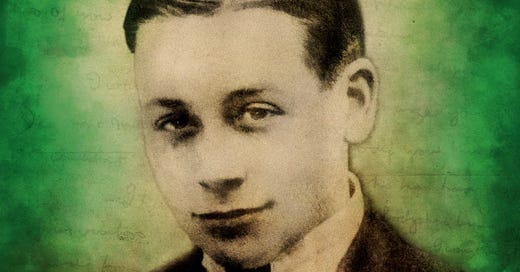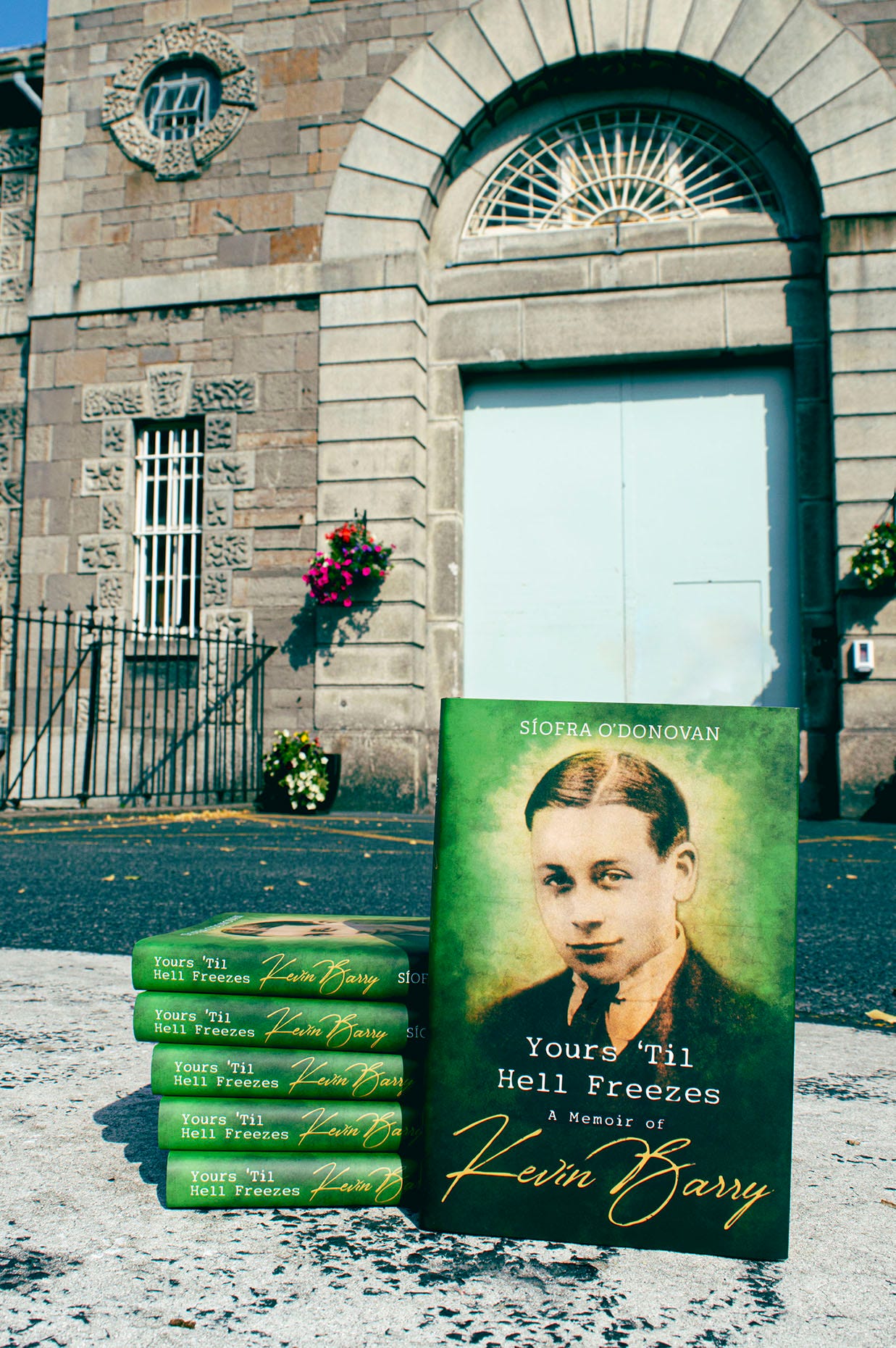Siofra O'Donovan is one of those writers who are actively engaged in the life of a writer rather than a life of self-promotion and presenting a content of triviality that has great market value and offers a good product ready for consumption. She comes from Wicklow, Ireland.
She has a great body of work as a writer and leading the creative writing workshops, In her career she has published a variety of different types of work e.g. travelogues such as Pema and the Yak, 2006 and Lost in Shambhala, 2015, historical novels - Malinski, 2000, and has written a series of novels set in 12th Century France. You could read her cultural and travel features for the Irish Examiner, the Irish Times and the Warsaw Voice. Being on the panel of Writers in Schools Poetry Ireland as well as Writers in Prisons panel she teaches writing workshops in schools, mental health and prison facilities where she is using the dynamic and archetypal Hero s Journey model based on the ideas of Joseph Campbell and many other tools.
I was really curious about her new work which is a memoir of a person that is related to her - Kevin Barry. When I finally read it it struck me positively with a few notions that I normally don't have as far as books and works of this type - meaning related to how a personal lives are interwoven with the historical events.
First and foremost - it is very detailed - the amount of rich and conscientious research that Siofra has done is just immense. It is one of those things you won't see and appreciate immediately but as you go deeper and deeper into the narrative - you can definitely feel that. The interconnections, the details from Kevin's and his family life and relations, life events is not something that you can just conjure - Siofra went through so many interviews, and talks and fact checking that is just impossible. And the result is far from some dull academic study but shows the life and mindsets of real people and how they lived their lives in the pretty stormy period of Irish history where nothing was easy and obvious.
The other aspect of Ms Donovan's work is the truth. The truth as in the real history and real evidence of person's life. The lie is what the author despises and and also in terms of politics and all the blanks and white spots of historical narratives which were omitted or left out for political or any other viewpoint-related reasons.
You can definitely feel a lot of tension in the book - but it is never the tension that is stimulated or done as a literary purpose or reason. It stems from the detailed narrative and and undivided attention that Siofra gives to every character and event that surrounds the main protagonist. And also the fact that he is related to her and all the stories surrounding him are actually family stories.
Where do you start when you are a writer? A female writer, a writer that yearns and seeks the truth and wants to be true to herself? Also to present a great and fascinating, involving story that is true to the letter you are using to convey some deeper truths.
Kevin Barry was one of the first people who were hanged after 1916 Irish Independence Uprising by the British. He lived a very short but a full life. Siofra provides a great insight not only into his legacy as such but also into his interest, mentality, approach to his friends and relatives. Not to mention a very detailed historical background that is the basis of the whole story. All the events leading to trial and execution as well as the aftermath.
His memory lives on and so are his relatives who kindle this memory until this day. It also prompts although the history is bitter and not always helps to put some issues and matters to the right place of peace and civil dialogue about the past issues.
In an ethical set of terms, I feel that Kevin's Barry memoir, that is a result of so much hard work and attention to detail, is somewhat rare occurrence of decency and neutral approach in the times of emptiness and void instilled upon the reader by the algorithms and AI. It shouldn't be classified as any type of old school writing as many themes as still valid and should be a source of reflection and pondering where are we in terms of political, historical and anthropological narrative.
I think it is only fair to say that Siofra Donovan's work should be treated as one of the most valid historical resources. It should be celebrated, used as a reference and re-read as many times as possible as it stems from subtle and sensitive ethical approach of her as a researcher, author and also a linguist. After all as Ryszard Kapuscinski said - we learn true history through individual narratives of people affected by it. But again, quoting Kapuscinski, “If reason ruled the world would history even exist?”






